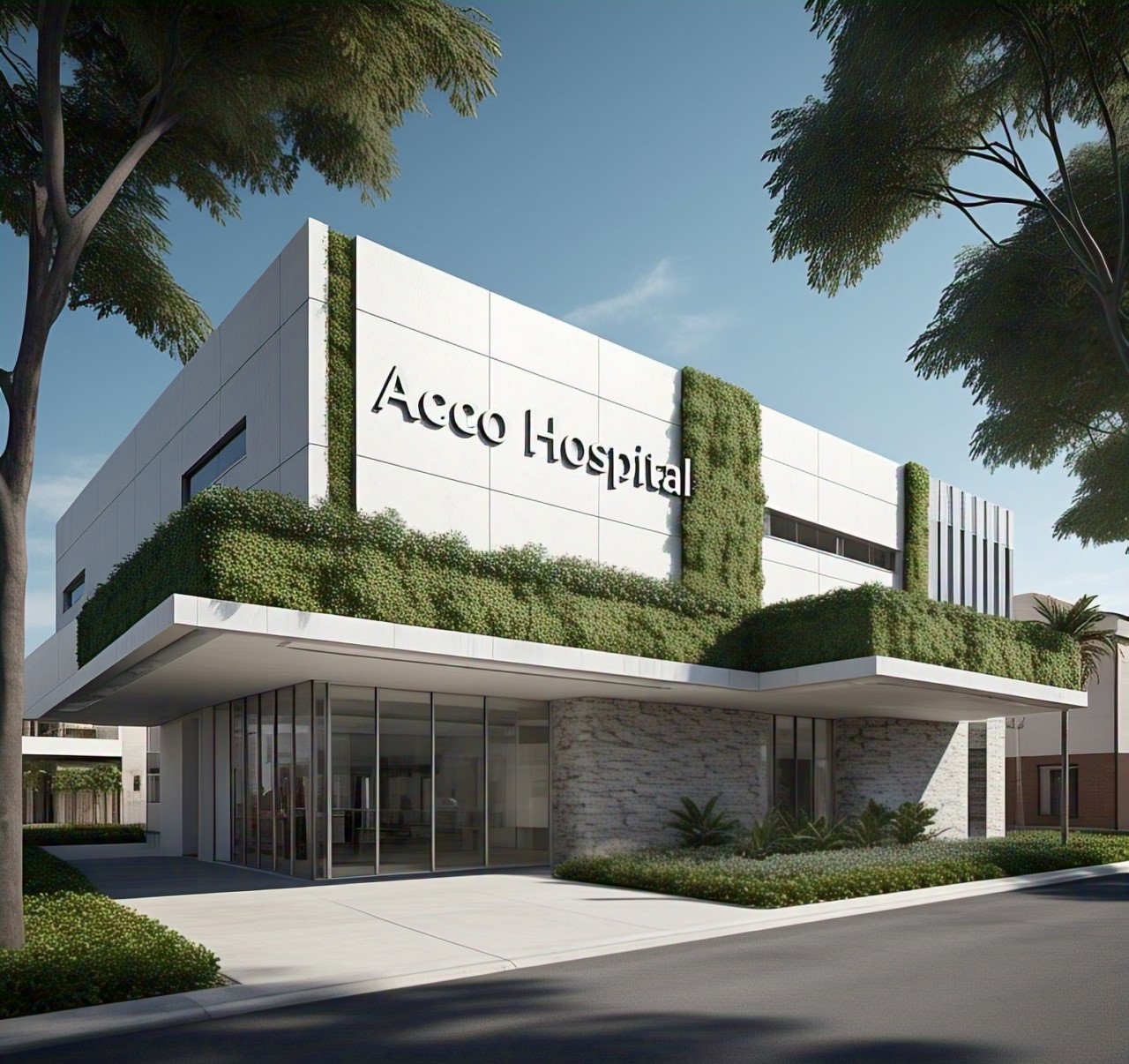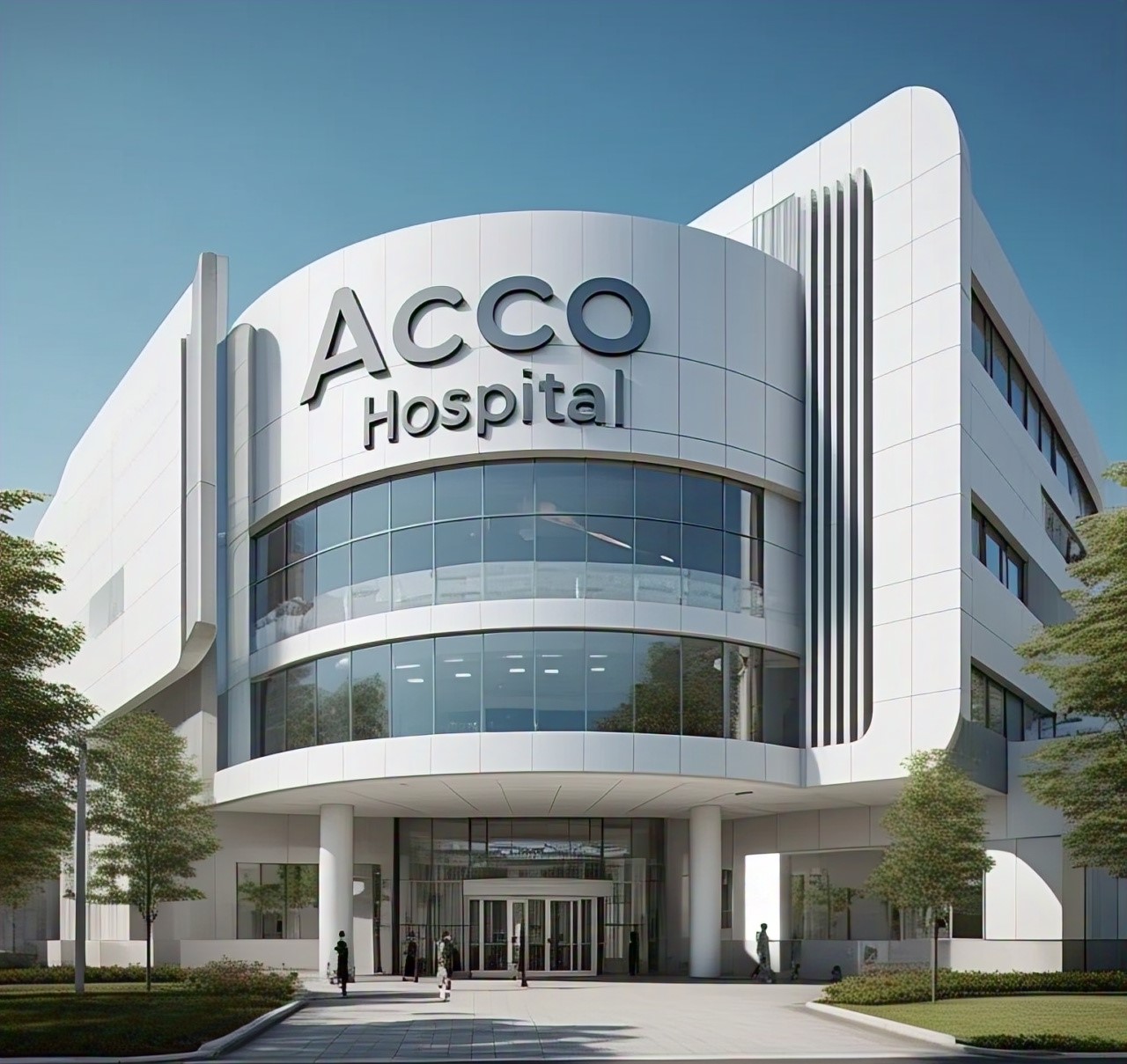
Gujrat Hospital Design & Construction: A Comprehensive Guide
Introduction
The healthcare sector in Gujrat is rapidly evolving, and the need for modern hospitals is greater than ever. Designing and constructing a hospital involves a multidisciplinary approach that integrates architecture, engineering, and medical science to create a facility that ensures optimal patient care.
Understanding the Healthcare Infrastructure Needs
Before embarking on the design and construction process, it is essential to understand the unique needs of a healthcare facility. Hospitals require efficient layouts, specialized equipment, and an environment that enhances both patient recovery and staff productivity.
Key Factors Influencing Hospital Design:
- Patient-centered design
- Efficient space utilization
- Compliance with health and safety regulations
- Future scalability
- Sustainable building materials
Site Selection & Land Requirements
Choosing the right location is crucial for hospital accessibility and functionality. The land must be spacious enough to accommodate current needs and future expansion.
Important Considerations:
- Proximity to residential areas for easy access
- Road connectivity and transportation facilities
- Compliance with zoning laws
- Availability of essential utilities (water, electricity, sewage)
Planning & Design Considerations
Hospital design follows a logical flow to enhance patient experience and operational efficiency.
Important Design Aspects:
- Clear zoning of emergency, outpatient, and inpatient areas
- Efficient movement pathways for patients and staff
- Noise reduction strategies
- Ample waiting areas and family-friendly spaces
Sustainability & Green Building Concepts
Modern hospitals integrate green building principles to reduce environmental impact and improve operational efficiency.
Sustainable Features:
- Solar panels and renewable energy integration
- Energy-efficient HVAC systems
- Water recycling systems
- Use of eco-friendly construction materials
Regulatory Compliance & Safety Standards
Hospitals must adhere to strict regulations to ensure patient safety and operational efficiency.
Key Regulations:
- Local healthcare facility codes
- Fire and earthquake safety standards
- Proper ventilation and sanitation guidelines
Interior Design for Optimal Patient Experience
A well-designed hospital interior plays a vital role in patient recovery and comfort.
Essential Interior Features:
- Calming color schemes
- Comfortable furniture and lighting
- Noise reduction techniques
- Accessible and spacious layouts
Integration of Smart Healthcare Technology
Technology is revolutionizing healthcare, making hospital operations more efficient and patient-friendly.
Key Technologies:
- Automated patient records system
- AI-driven diagnostics
- Telemedicine facilities
- Smart HVAC and lighting systems
Hospital Construction Techniques & Materials
Using advanced construction methods ensures durability and safety.
Key Construction Methods:
- Prefabrication for faster execution
- Modular hospital construction
- Earthquake-resistant structural design
- Use of antimicrobial building materials
Cost Estimation & Budget Planning
Building a hospital requires meticulous financial planning.
Cost Breakdown:
- Land acquisition costs
- Architectural and engineering fees
- Construction materials
- Equipment and technology integration
Project Management & Timelines
Efficient project management is crucial for timely completion and budget adherence.
Key Milestones:
- Site preparation
- Foundation and structural development
- Interior finishing and equipment installation
- Final inspections and approvals
Challenges in Hospital Construction
Several challenges arise during hospital construction, requiring innovative solutions.
Common Challenges:
- Budget overruns
- Regulatory hurdles
- Workforce and labor management
- Supply chain issues
Successful Hospital Design Case Studies
Learning from successful hospital projects helps in better planning and execution.
Notable Case Studies:
- Mayo Clinic, USA – Focus on patient-centered design
- Shaukat Khanum Hospital, Pakistan – Sustainable and efficient design
FAQs
1. What are the key factors to consider in hospital design?
Key factors include patient flow, accessibility, regulatory compliance, and technology integration.
2. How much does it cost to build a hospital in Gujrat?
Costs vary based on size, location, and facilities but typically range from PKR 500 million to PKR 2 billion.
3. What is the best construction method for hospitals?
Modular and prefabricated construction are preferred for faster and cost-effective hospital building.
4. How long does it take to build a hospital?
A medium-sized hospital typically takes 2-4 years from planning to completion.
5. What are the benefits of green hospital buildings?
Green hospitals reduce energy costs, improve air quality, and provide a healthier environment for patients.
6. How does technology improve hospital operations?
Smart technologies enhance efficiency, reduce errors, and improve patient care through automation and AI.
Conclusion
Gujrat requires modern healthcare facilities that are efficient, sustainable, and technologically advanced. By following the right design principles and construction strategies, we can create hospitals that provide top-tier patient care while maintaining long-term sustainability.



